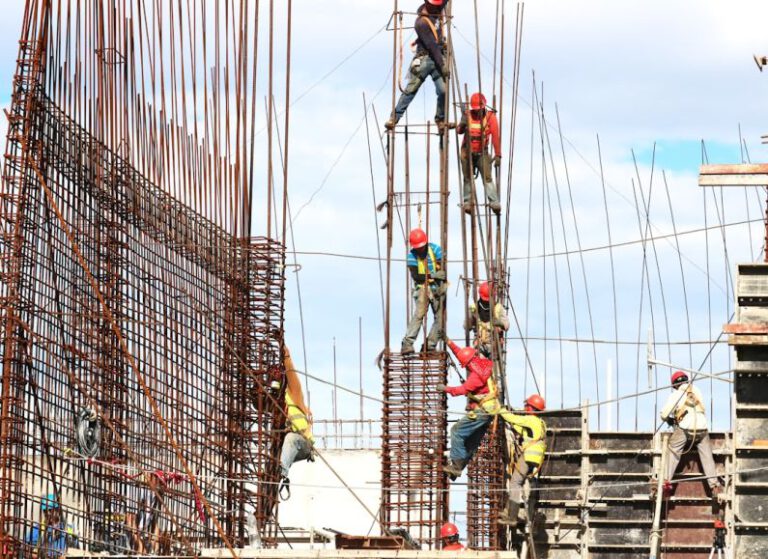Can Bio-based Materials Reduce the Construction Industry’s Carbon Footprint?
The construction industry is a significant contributor to carbon emissions globally, accounting for nearly 39% of total carbon dioxide emissions, according to the United Nations Environment Programme. As the world focuses on reducing carbon footprint and transitioning to more sustainable practices, the use of bio-based materials in construction has garnered increasing attention. These materials, derived from renewable sources such as plants, wood, and agricultural byproducts, offer a promising solution to help lower the environmental impact of construction activities. Can bio-based materials truly make a difference in reducing the construction industry’s carbon footprint?
Bio-based Materials: A Sustainable Alternative
Bio-based materials are derived from natural, renewable resources, making them a sustainable alternative to traditional construction materials that are often sourced from fossil fuels. By utilizing bio-based materials, the construction industry can significantly reduce its reliance on non-renewable resources and lower its carbon emissions. Additionally, bio-based materials have the potential to sequester carbon, further contributing to efforts to combat climate change.
Wood: A Versatile Bio-based Material
Wood is one of the most widely used bio-based materials in construction due to its versatility, durability, and aesthetic appeal. As a renewable resource, wood can be sustainably sourced from responsibly managed forests, making it an environmentally friendly choice for builders. In addition to its structural properties, wood also has excellent thermal insulation capabilities, helping to improve the energy efficiency of buildings and reduce the overall carbon footprint of construction projects.
Bamboo: A Sustainable Alternative to Traditional Building Materials
Bamboo is another bio-based material that is gaining popularity in the construction industry due to its rapid growth rate and high strength-to-weight ratio. As one of the fastest-growing plants on Earth, bamboo can be harvested in a sustainable manner without causing deforestation or environmental degradation. In addition to its structural properties, bamboo is also resistant to pests and mold, making it a durable and long-lasting material for construction projects.
Hempcrete: A Green Building Material
Hempcrete, a mixture of hemp fibers, lime, and water, is a bio-based building material that offers excellent thermal insulation properties and carbon sequestration benefits. Hemp plants absorb large amounts of carbon dioxide during their growth, making hempcrete a carbon-negative material that helps to offset carbon emissions in the construction industry. In addition to its environmental benefits, hempcrete is also non-toxic, fire-resistant, and mold-resistant, making it a safe and sustainable choice for building construction.
Challenges and Opportunities for Bio-based Materials in Construction
While bio-based materials offer numerous environmental benefits, there are also challenges that need to be addressed to promote their widespread adoption in the construction industry. One of the main challenges is the lack of awareness and knowledge among builders and developers about the availability and benefits of bio-based materials. Education and training programs can help raise awareness and build capacity within the industry to incorporate bio-based materials into construction projects.
Another challenge is the availability and cost of bio-based materials compared to traditional construction materials. As the demand for sustainable building materials grows, economies of scale and technological advancements are expected to drive down the cost of bio-based materials, making them more competitive in the market. Government incentives and policies that promote the use of bio-based materials can also help accelerate their adoption in the construction industry.
The Future of Sustainable Construction with Bio-based Materials
As the construction industry continues to prioritize sustainability and environmentally friendly practices, bio-based materials are poised to play a key role in reducing the industry’s carbon footprint. With their renewable sources, carbon sequestration properties, and energy-efficient characteristics, bio-based materials offer a promising solution to create more sustainable and eco-friendly buildings. By embracing bio-based materials and investing in research and innovation, the construction industry can pave the way for a greener and more sustainable future.






